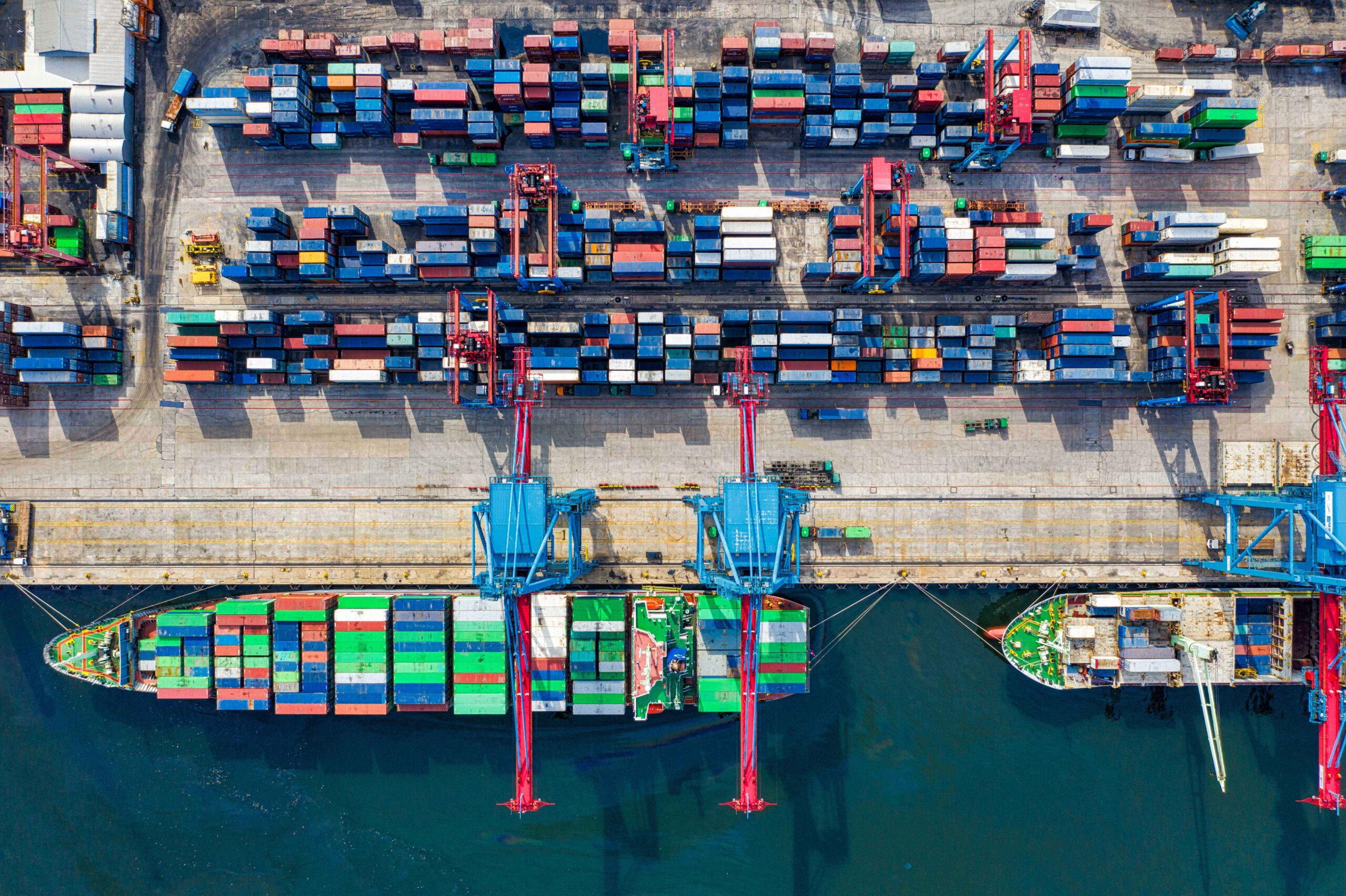The term logistics can be defined as the delivery of the right product in the right place and time within an acceptable and efficient cost for customers. Without express logistics, companies would find it impossible to succeed in sectors like marketing, production, and international trade. Logistics is highly applied in the international trade sector.
The History of Logistics and International Trade
Logistics was introduced in global trade in the 16th century when international trade routes opened up. At this time, there were no radio signals or satellites to help people navigate international trade. The Dutch traders were at the forefront of logistics as they constructed shops that could carry more goods and required fewer crew members to operate them. Each decade led to the introduction of innovations, solidifying the need for logistics in international trade. Logistics helped facilitate international trade by providing transport and warehousing solutions. These solutions are used to make the transportation of products from one point to the next more efficient.
How Does Logistics Work?
Logistics revolves around the movement of goods and other commodities from one place to another within a supply chain. It is worth mentioning that logistics mainly deals with inbound and outbound transportation goods. It also handles warehousing, storage, and the fulfillment of orders to the right consumers and on time. The primary aim of logistics is to help satisfy clients. For these reasons, the clients are the ones that determine the performance of a logistics division. The roles of logistics have a prominent and lasting effect on an eCommerce business. Therefore, logistics cannot be tethered to a single subdivision of the supply chain.
How is Logistics Applied in the International Trade Industry?
Logistics enables companies and individuals to import and export products. These parties do this by incorporating effective logistics in the sector. Below are areas of international trade where logistics are applied;
Supply Chain Management
Supply chain management is an overarching concept linking several processes to achieve a competitive advantage. On the other hand, logistics is the movement, storage, and flow of products, services, and information within a supply chain. Logistics is crucial in supply chain management. This is because it covers the costs of transportation, storage, stocking, and expenses management. Without a properly functioning logistics process, the supply chain management of international trade would not be as effective. This would result in a lot of failures and mistakes. Supply chain management applies logistics in the following areas;
• Mitigating risks
• Reducing the cost of storage and transportation
• Quality assurance
• Creating tracking and tracing systems
• Creating elaborate shipping routes
• Management of materials
• Inventory control
• Purchasing
• Warehouse management
• Distribution
• Transportation from source to destination
All the elements mentioned above are crucial. For this reason, logistics is essential in supply chain management.
Promoting Competitive Pricing
The biggest eCommerce companies rely on global logistics for most of their operations. Global logistics helps eCommerce companies get competitive pricing. The application of logistics results in highly competitive landscapes. This can only be achieved by mastering global logistics.
Eliminating Inefficiencies
Most logistics companies aim at eliminating inefficiencies associated with traditional shipping and delivery business models. This is done by the invention of new technologies targeting specific logistic services. Such services include automated scheduling, consolidating multiple shipping deliveries, on-demand tricking, and data analytics based on carrier bases.
Allowing the Fulfillment of Larger-Scale Orders
Another way logistics helps in international trade is by opening up the ability to fulfill larger order volumes. This is especially beneficial for eCommerce companies that struggle to fulfill orders because of stock issues. Most of the time, the issue revolves around the insufficiency of supplies. If this is the case, the companies can opt for abroad sources. This means that the company may have to import products then ship them to their clients. The high chances are that doing this will cost a lot of money compared to the alternative. However, if the demand is high enough, the extra money will be worth it.
Opening Up Access to New Markets
Logistics also opens up international eCommerce businesses to new markets. This is because global or international logistics entails more than supply chain management. Global logistics allows businesses to tap into a new audience or client base through international trade. However, logistics is not the only solution or way of tapping into the new market. Companies must also do a lot of research before attempting international trade. Tapping into this new market can result in the loss of a lot of money. Therefore, in addition to enjoying the benefits of logistics in international trade, companies must also adopt new strategies to support their business.
Logistics offers several other advantages in international trade. The trick to enjoy these benefits is to understand how to apply logistics in your eCommerce business. This includes concepts like outsource logistics, road freight, express freight, and coming up with a customs solution.
Shirley Mist has been involved in fashion and design for many years. She has also written extensively for many online publications. She currently writes for The Tribune World and is a valued member of our team.

